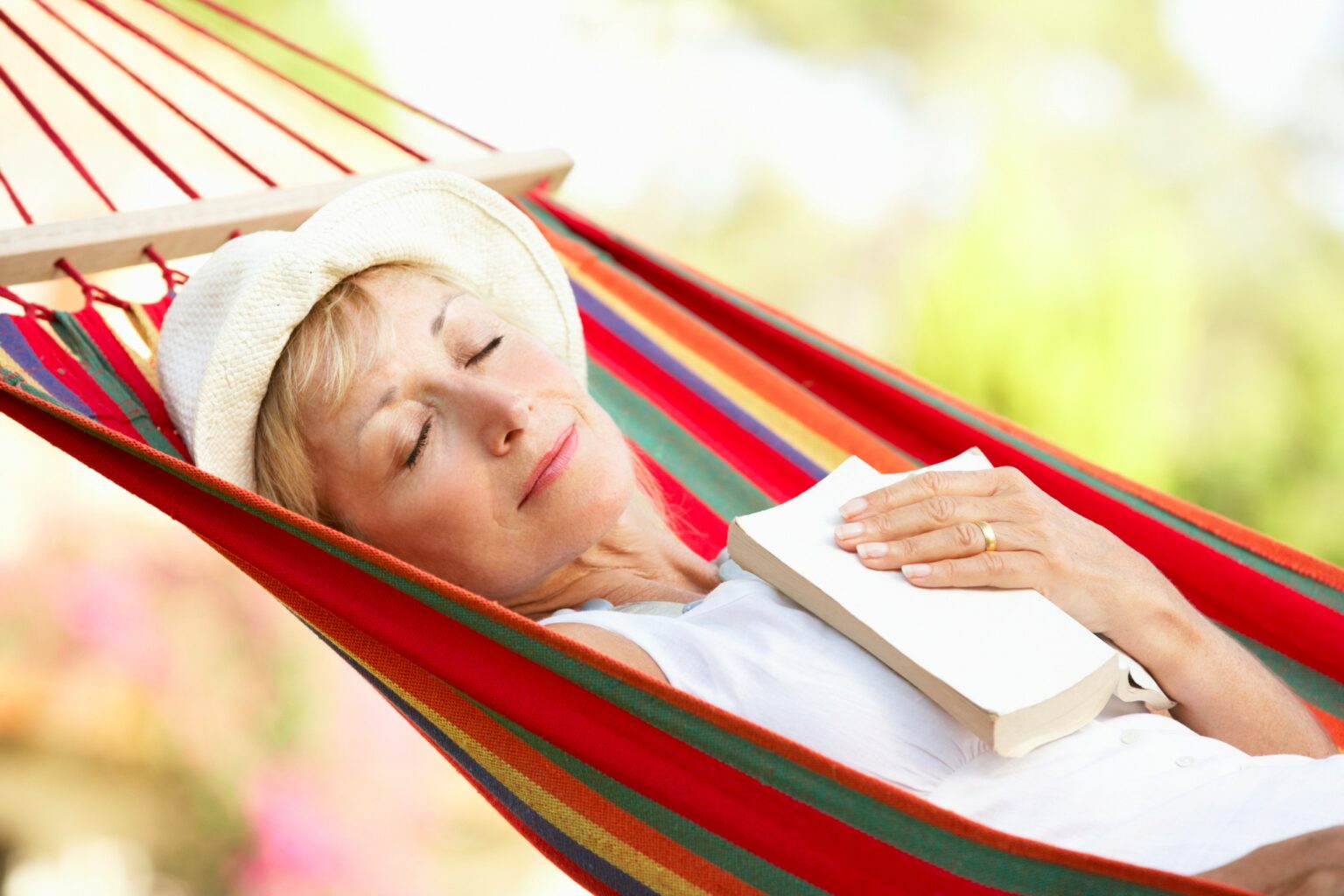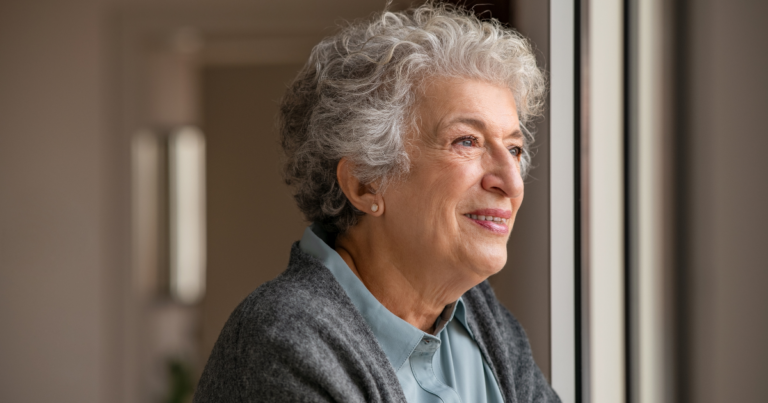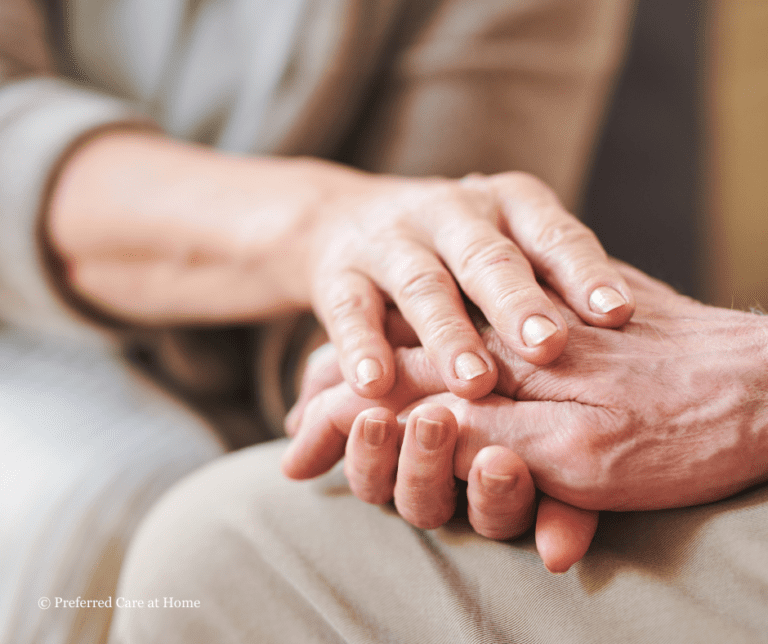Self-Care Assessment for Caregivers: How Are You Doing?
Published March 29, 2013 by Francesca Robinson, MA in At Home Caregiving

Last week, I introduced the topic of self-care in the post on stress overload. I believe maintaining self-care is vital to providing quality care for your loved one over a long period of time. Too often, self-care falls to the bottom of the list when it really should be at the top.
So, what is self-care?
Self-care is personal health maintenance. In other words, it’s the steps you take to provide your whole body the care it needs to stay healthy. It’s a healthy focus on your self.
Good self-care can be broken down into four categories:
- Physical
- Emotional
- Spiritual
- Relational
When these four areas are maintained you’re able to provide quality care for your loved one without the fear of burning out.
Why should I implement self-care?
Many family caregivers often struggle with the concept of self-care because it seems selfish. Guilt creeps in the moment you leave your loved one’s side because you could have done more. The idea of going for a walk or catching up with a friend seems like a luxury that cannot be afforded when your loved one needs attention.
Yet, it is those few moments set aside for yourself that allow you to continue to provide quality care. Self-care is not a luxury; it’s a necessity.
How do I begin?
Stay tuned to this blog. (You can subscribe in the box below this post.) Over the next four weeks I’ll be breaking down each category with ideas on how to practically implement self-care into your busy life as a family caregiver.
To prepare for this series, start by jotting down how you’re currently caring for your health and what are the areas you think you need to improve. Honestly assess your health in the four categories. Use the following self-care assessment to evaluate how well you implement self-care into your life.
Self-Care Assessment
Please complete the following questionnaire* according to the following:
5= Frequently
4= Occasionally
3= Rarely
2= Never
1= It never occurred to me
Physical Self-Care
____ Eat regularly (e.g. breakfast, lunch and dinner)
____ Eat heathfully
____ Exercise
____ Get regular medical care for prevention
____ Get medical care when needed
____ Take time off when sick
____ Dance, swim, walk, run, play sports, sing, or do some other physical activity that’s fun
____ Get enough sleep
____ Wear clothes you like
____ Take vacations
____ Make time away from telephones
Emotional Self-Care
____ Allow yourself to cry
____ Find things that make you laugh
____ Express your outrage in social action—letters, marches or protests
____ Make time for self-reflection
____ Write in a journal
____ Read materials unrelated to work
____ Notice your inner experience—listen to your thoughts, judgments, beliefs, attitudes and feelings
Spiritual Self-Care
____ Make time for reflection
____ Spend time with nature
____ Be open to inspiration
____ Be open to not knowing
____ Identify what’s meaningful to you and notice its place in your life
____ Meditate
____ Pray
____ Sing
____ Read the Bible or inspirational literature
Relational Self-Care
____ Spend time with others whose company you enjoy
____ Stay in contact with other important people in your life
____ Practice receiving from others
____ Play with children for personal enjoyment and fulfillment
*Assessment is not exhaustive and has been adapted from Transforming the Pain: A Workbook on Vicarious Traumatization, Saakvitne, Pearlman, & Staff of the TSI/CAAP (Norton, 1996).
If you have questions about senior home
care services or if you want to start care:
Related Posts

October 19, 2023
Preventing Osteoporosis: Essential Tips for Stronger Bones Post-Menopause
R. Bradley Robinson, M.D.

September 28, 2023
3 “Little Things” That Improve Communication Between Caregivers and Loved Ones
Francesca Robinson, MA

August 4, 2022
Caregiving: Give Yourself Some Credit – You Deserve It!
Laurie Salmons, RN, BSN
Helping seniors age in place, with dignity & grace.